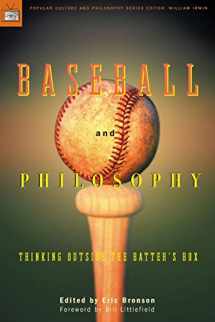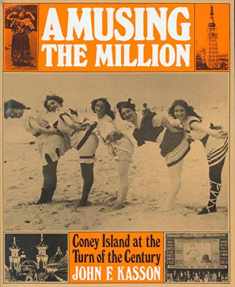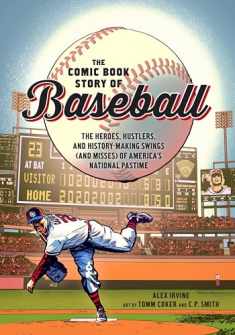
Baseball and Philosophy: Thinking Outside the Batter's Box
Book details
Summary
Description
Baseball and Philosophy brings together two high-powered pastimes: the sport of baseball and the academic discipline of philosophy. Eric Bronson asked eighteen young professors to provide their profound analysis of some aspect of baseball. The result offers surprisingly deep insights into this most American of games.
The contributors include many of the leading voices in the burgeoning new field of philosophy of sport, plus a few other talented philosophers with a personal interest in baseball. A few of the contributors are also drawn from academic areas outside philosophy: statistics, law, and history.
This volume gives the thoughtful baseball fan substancial material to think more deeply about. What moral issues are raised by the Intentional Walk? Do teams sometimes benefit from the self-interested behavior of their individual members? How can Zen be applied to hitting? Is it ethical to employ deception in sports? Can a game be defined by its written rules or are there also other constraints? What can the U.S. Supreme Court learn from umpiring? Why should baseball be the only industry exempt from antitrust laws? What part does luck play in any game of skill?


We would LOVE it if you could help us and other readers by reviewing the book
Book review





